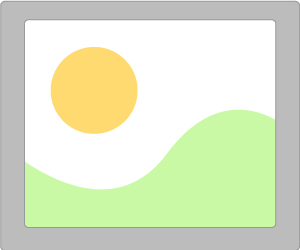Messages: 10
Language: English
Alkanadi (User's profile) September 9, 2015, 2:09:58 PM
Why is it tio? Shouldn't it be tiu because it is a person. Is there a simple way to determine which should be used?
The author is William Sol Benson
erinja (User's profile) September 9, 2015, 2:57:59 PM
Something like "What's that shadow? [it could be a door] - That is John Smith, entering the room" etc.
jefusan (User's profile) September 9, 2015, 3:23:14 PM
What is that?
That is an apple.
And what is that?
That is a man.
Generally, though, the rule is that if tiu doesn't have a noun it modifies (whether explicit or implied), then it refers to a person, whereas tio is used for a thing.
Alkanadi (User's profile) September 9, 2015, 3:34:42 PM
erinja:Some context would help. There are occasions when you would refer to a person with "tio" but it would usually deal with distinguishing between a person and something that is possibly an inanimate object.Here is the context:
Something like "What's that shadow? [it could be a door] - That is John Smith, entering the room" etc.
http://eduinf.waw.pl/esp/lern/uem/0028.php
Christa627 (User's profile) September 11, 2015, 9:29:14 PM
Vestitor (User's profile) September 11, 2015, 11:47:13 PM
sudanglo (User's profile) September 12, 2015, 11:23:27 AM
In English we don't always insist on specifying the marital status eg 'Would the lady at the back of the room please close the door'; 'Ladies and gentlemen will you please take your seats'
I agree though that it seems a little jarring for modern ears to say S-ino Smith estas frauxlino. Perhaps this would have sounded less strange in the 1930's when the course was published
sudanglo (User's profile) September 12, 2015, 11:42:22 AM
zugunruhe (User's profile) September 12, 2015, 10:02:23 PM
erinja (User's profile) September 13, 2015, 1:45:38 AM
zugunruhe:I feel like in this situation, tio is referring the image you see, rather than the people, because we're looking at an illustration which is, ultimately, an inanimate object.I agree.





 :
:


